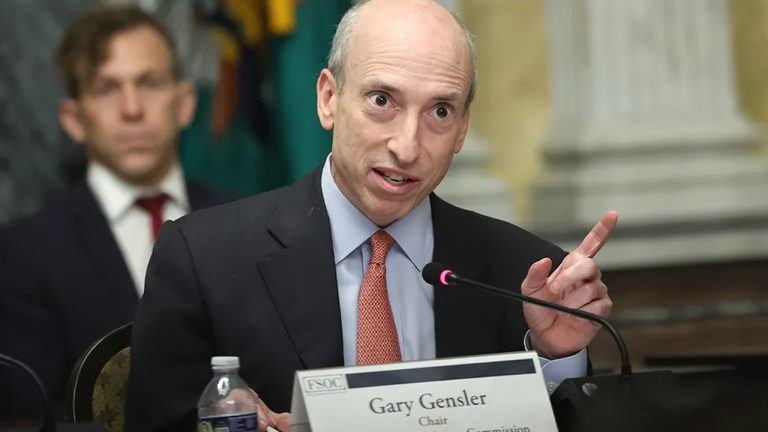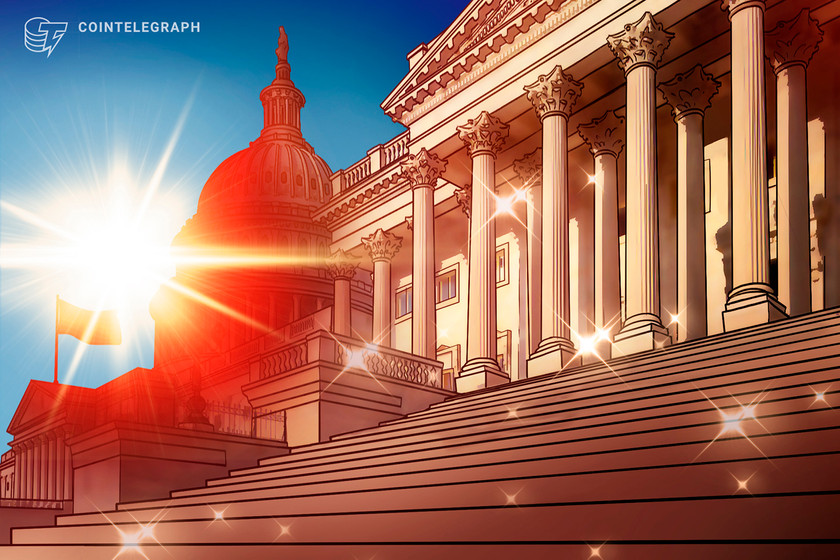
Bermuda and Nigeria are moving faster on crypto than Australia, and the land Down Under will soon “need to be up to speed,” says Loretta Joseph.
The Australian government needs to quicken its pace in developing crypto regulation or risk falling behind developing markets, according to the chair of a new crypto think tank.
Loretta Joseph, chair of the Australian Digital Financial Standards Advisory Council (ADFSAC) — the newly launched policy institute under the ADC Forum — warned Cointelegraph that the country risks falling behind others when it comes to developing regulations.
Earlier this year, Australia’s Treasury ran consultations for its “token mapping” exercise to help classify different crypto assets. A paper consulting on possible licensing framework is expected in mid-2023, while roundtables on crypto licenses are expected to take place in the third quarter. There’s also a private bill to expedite crypto regulation.
Consultation open! Today we released the token mapping consultation paper. This consultation is part of a multi step reform agenda to develop an appropriate regulatory setting for the #crypto sector. Read paper & submit views @ https://t.co/4W2msjhP9B @ASIC_Connect @AUSTRAC pic.twitter.com/OGHuZEGvDp
— Australian Treasury (@Treasury_AU) February 2, 2023
However, Joseph warned that the pace of regulatory development in the country is still too slow.
“When I go and I see countries that I work in like Bermuda, Mauritius and Nigeria move faster than my own country, that really upsets me,” Joseph said, noting the impact decentralized technology has on “bettering people's lives globally.”
Bermuda has signaled its support for a regulated crypto industry, while Mauritius and Nigeria have been involved in regulating or policymaking for their local industries in more recent years.
“We're still trying to figure out how to do a token mapping exercise or write legislation around Bitcoin or Ethereum. We need to be up to speed.”
Much of the crypto ecosystem in Australia can’t be covered using existing legislation, said Joseph and the country needs to “have a think about” either updating or adopting new laws in order to “grow and foster innovation.”
The Most Crypto-Friendly Jurisdictions in 2023
— ram (@rrmadityapu) June 18, 2023
1. El Salvador
2. Hongkong
3. Singapore
4. Portugal
5. Estonia
6. Switzerland
7. UAE
8. Malta
9. Luxemburg
10. Bermuda
However, most countries are still in the process of developing legislation to regulate the industry. #iweb3 pic.twitter.com/Ey3ZSj0zFy
Joseph said she’s been involved writing crypto policy and legislation since around 2017, helping Bermuda write its laws on digital currency businesses it passed in 2018.
She saw the need to set up ADFSAC to bring together the industry, academia, policymakers and government, adding she’s “never been able to write a piece of legislation without the input of everybody at the table.”
“It's think tanks that are very important to get the dialogue discussed,” she added.
“Everybody needs to be at the table at the same time, because if we're not, we're not going to get this right.”
Education on crypto will also be a key part of the new institute. “Give me a phone. Let me download you a wallet. Let's see how easy this is to use and then we'll discuss why you don't like it,” Joseph said.
Related: EU’s new crypto law: How MiCA can make Europe a digital asset hub
As for what policy direction Australia should take, Joseph thinks it should align with “the global standard setters” naming international financial regulators such as the International Organization of Securities Commissions, the Financial Action Task Force and the Financial Stability Board.
The governmental G7 and G20 forums will start to enforce crypto rules “very soon,” Joseph believes, and those companies looking to jurisdictions with low regulatory hurdles “won’t survive in the future.”
“You want to go and set up in a jurisdiction that gives you legal clarity as a company,” she said.
Opinion: GOP crypto maxis almost as bad as Dems’ ‘anti-crypto army’











